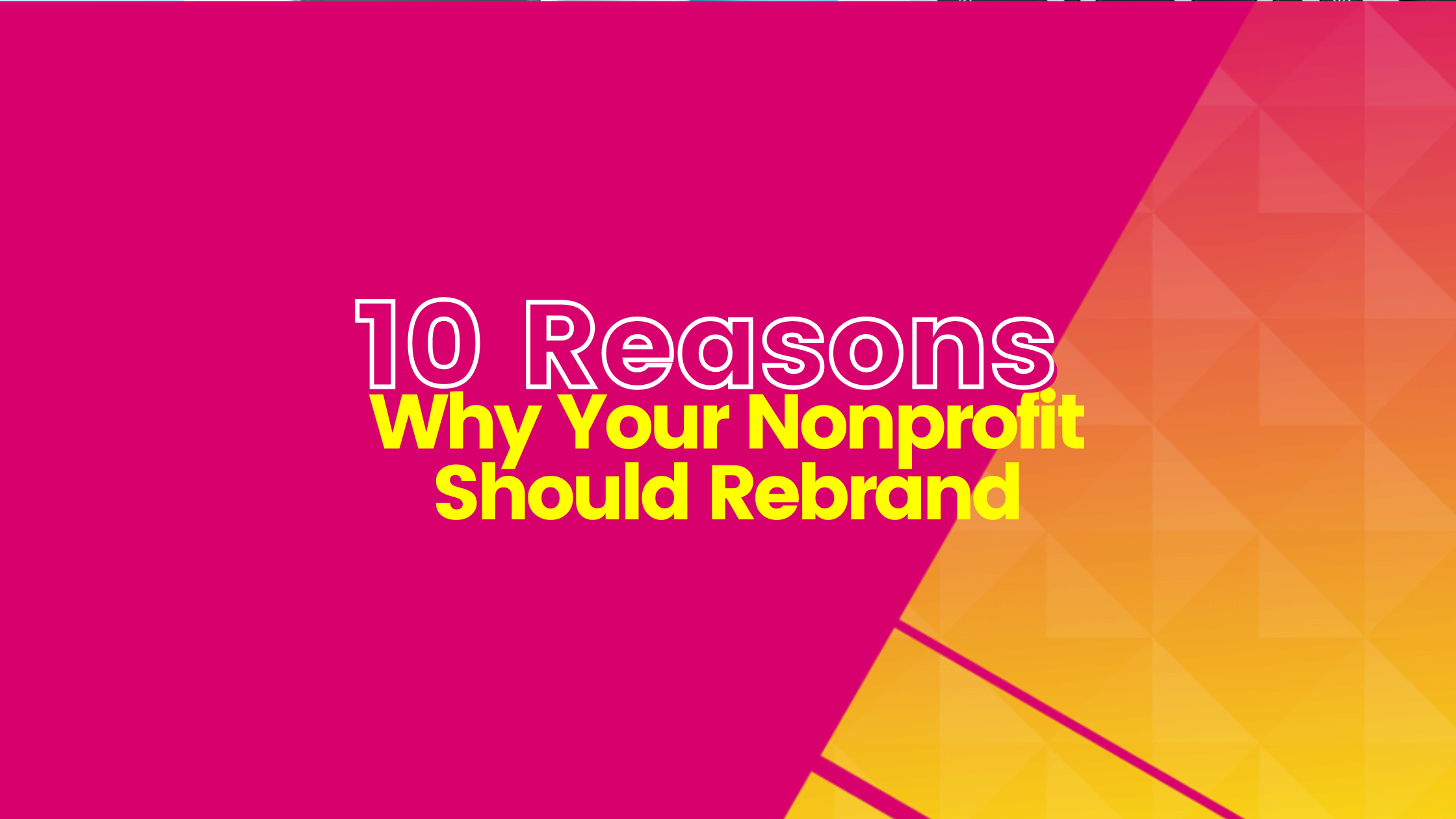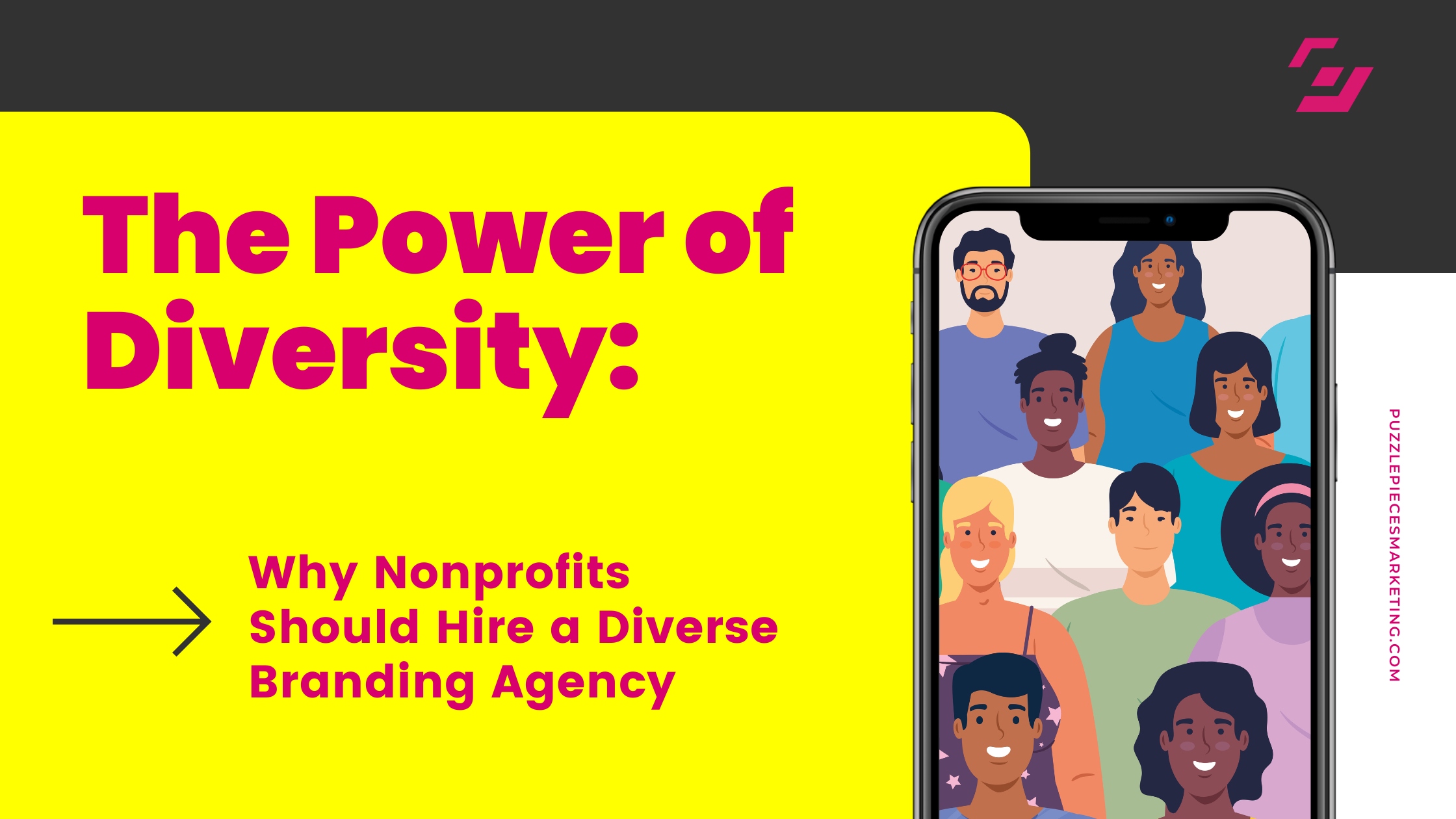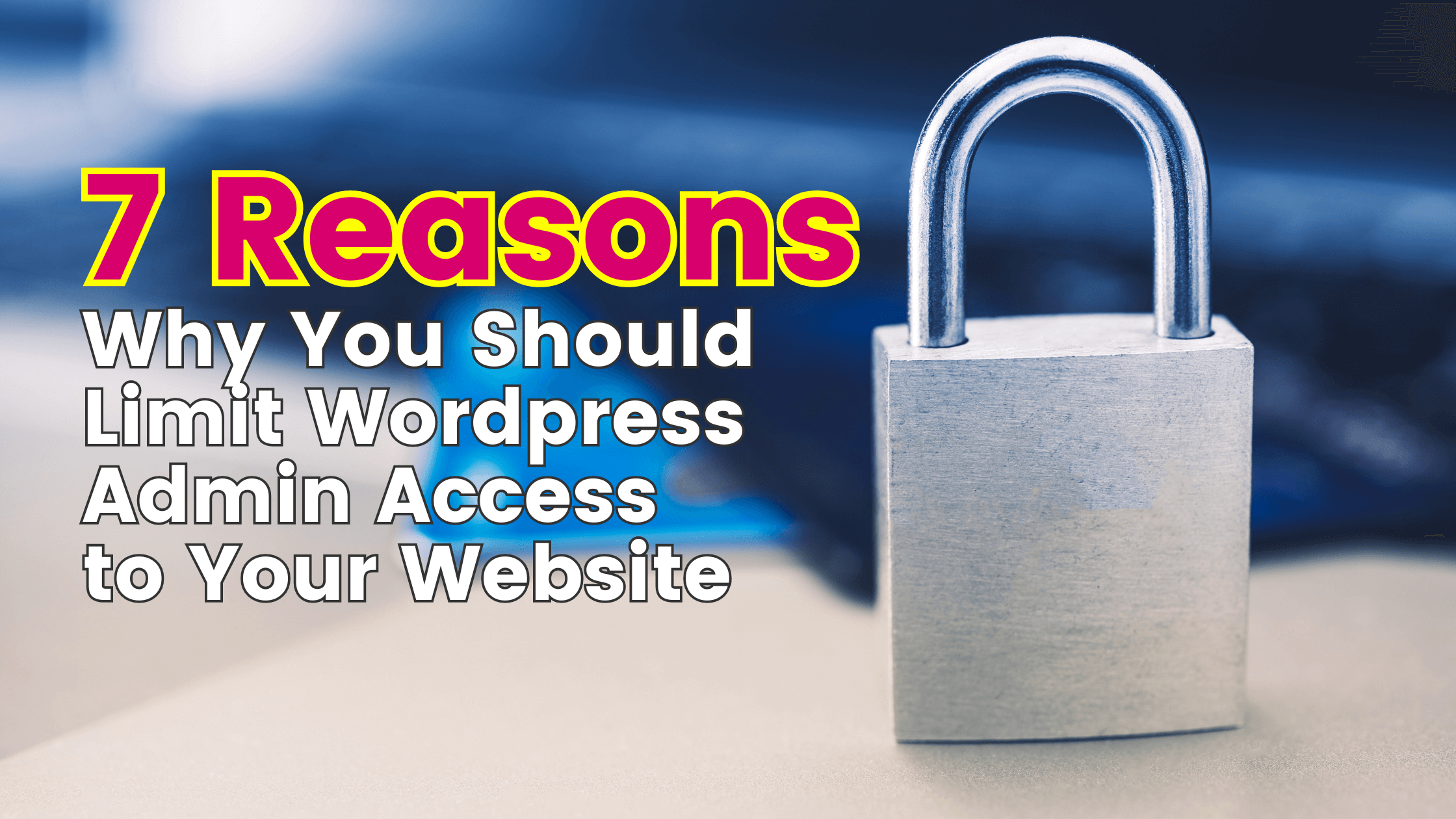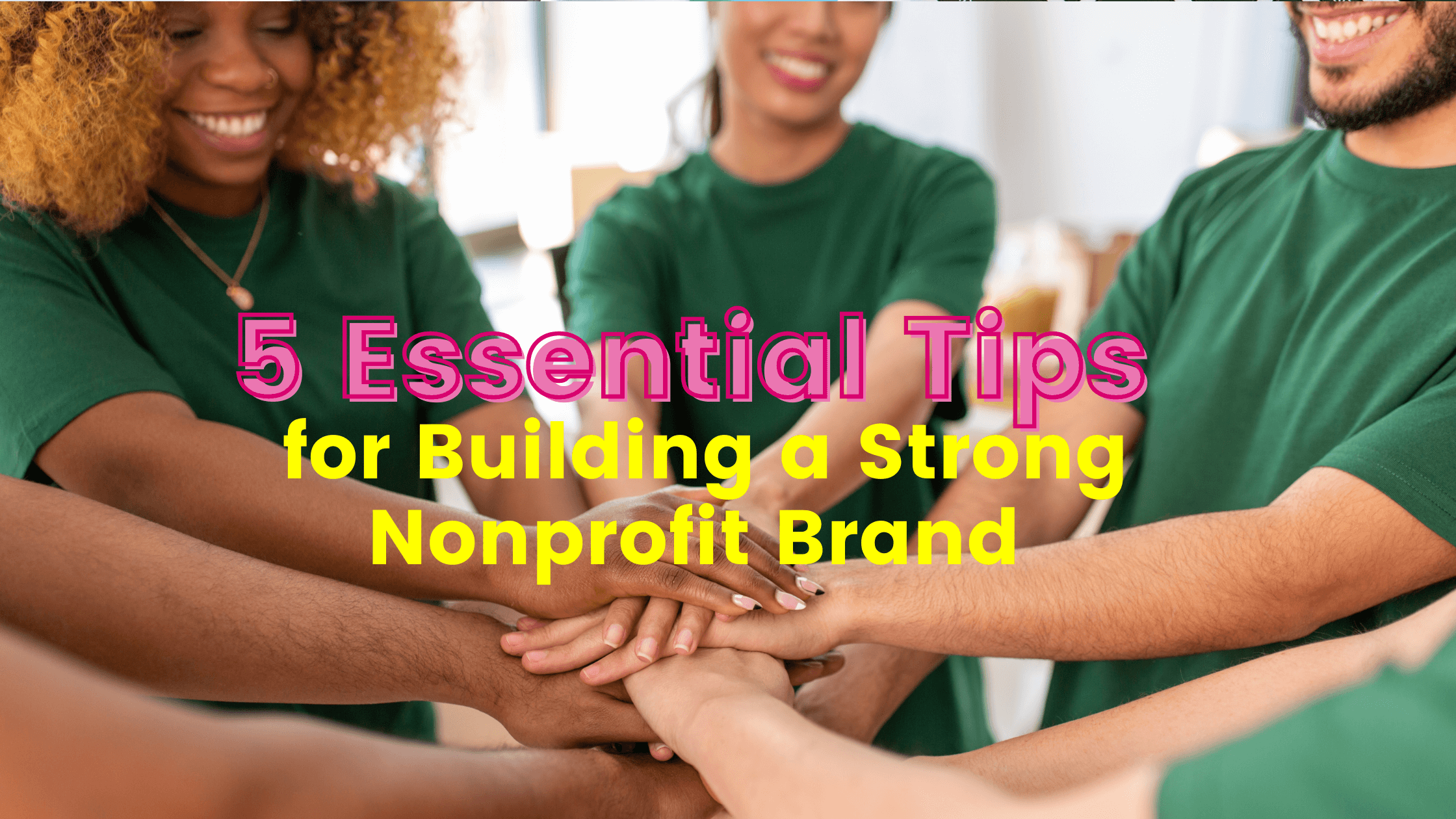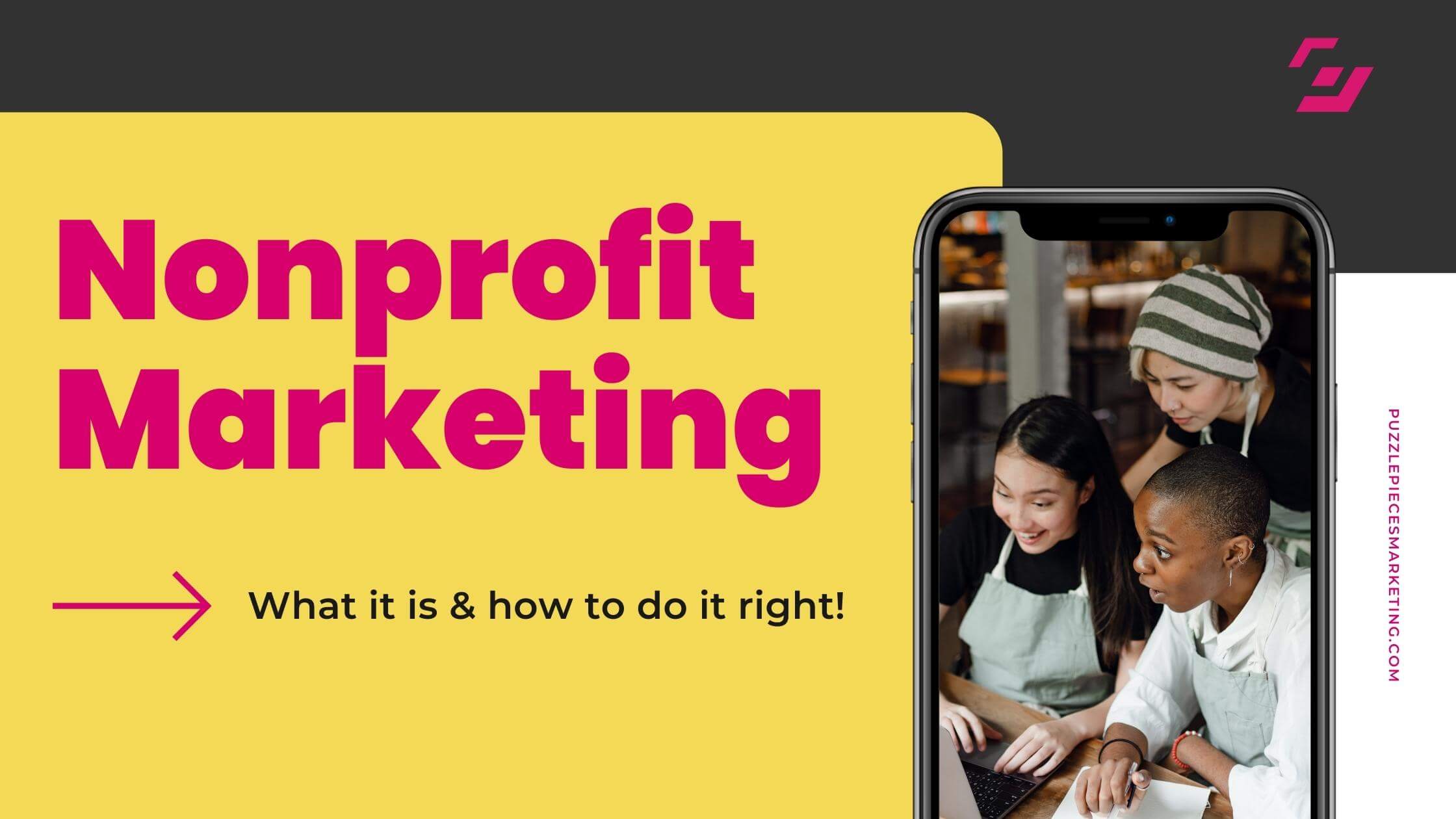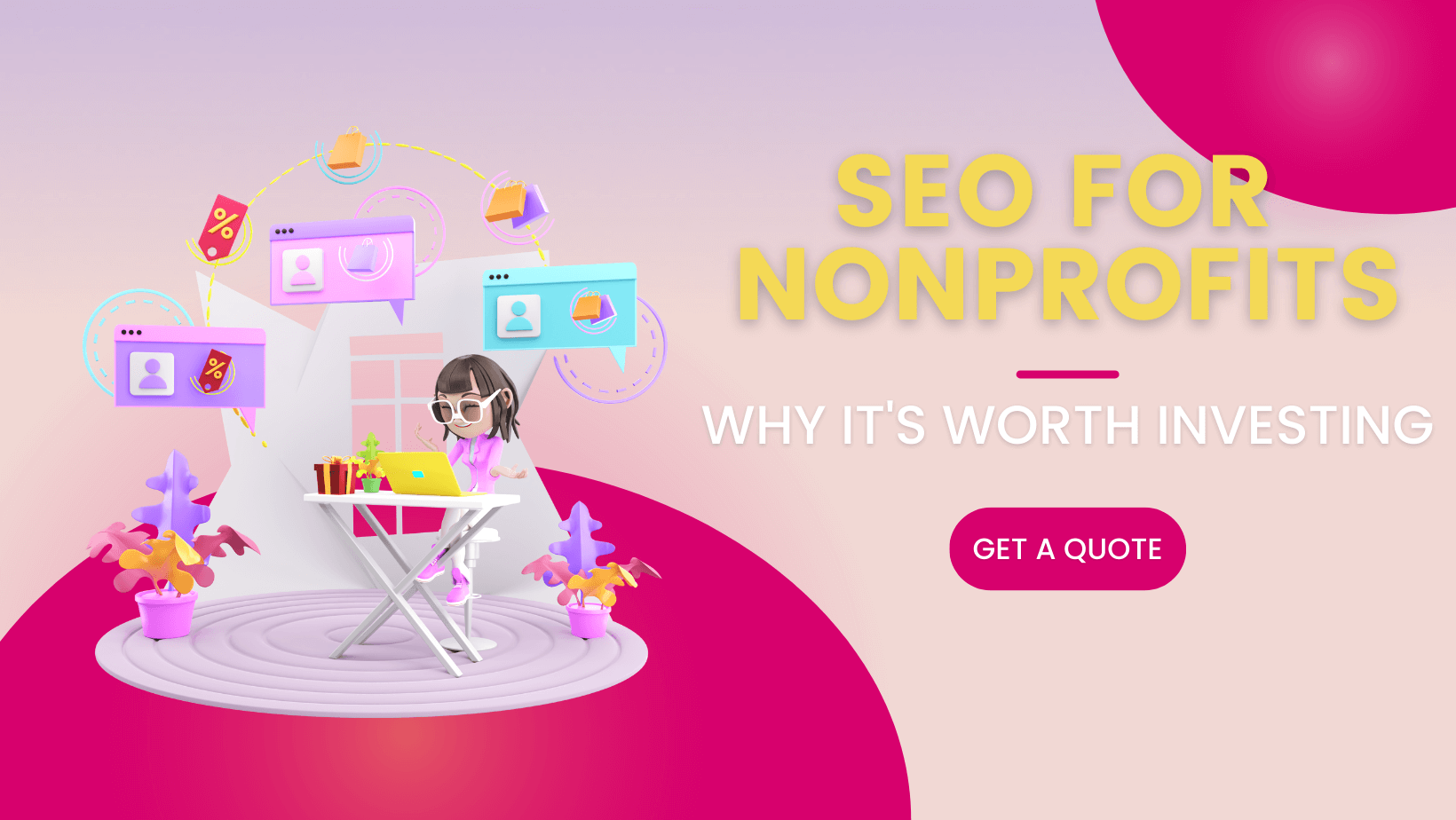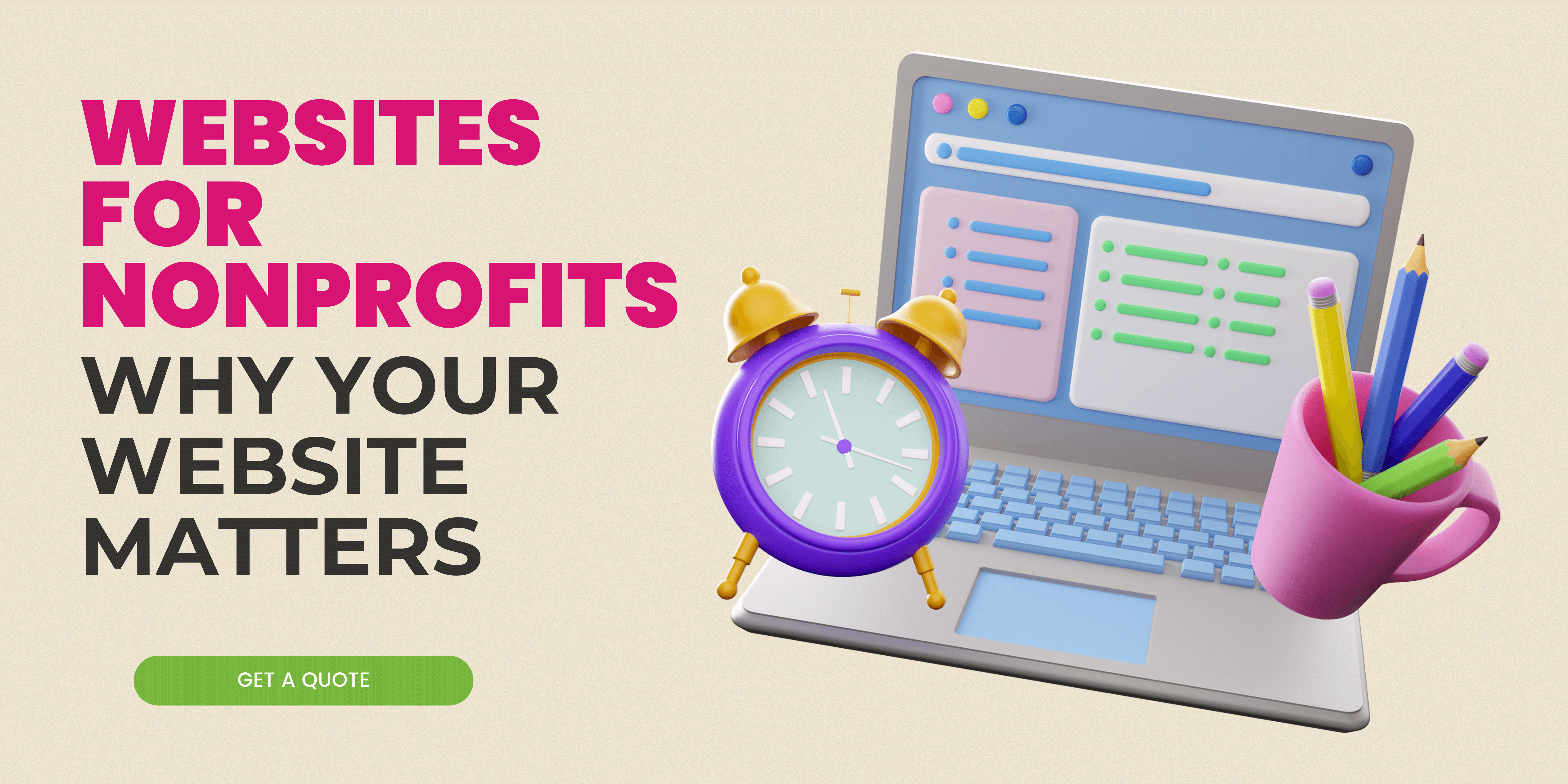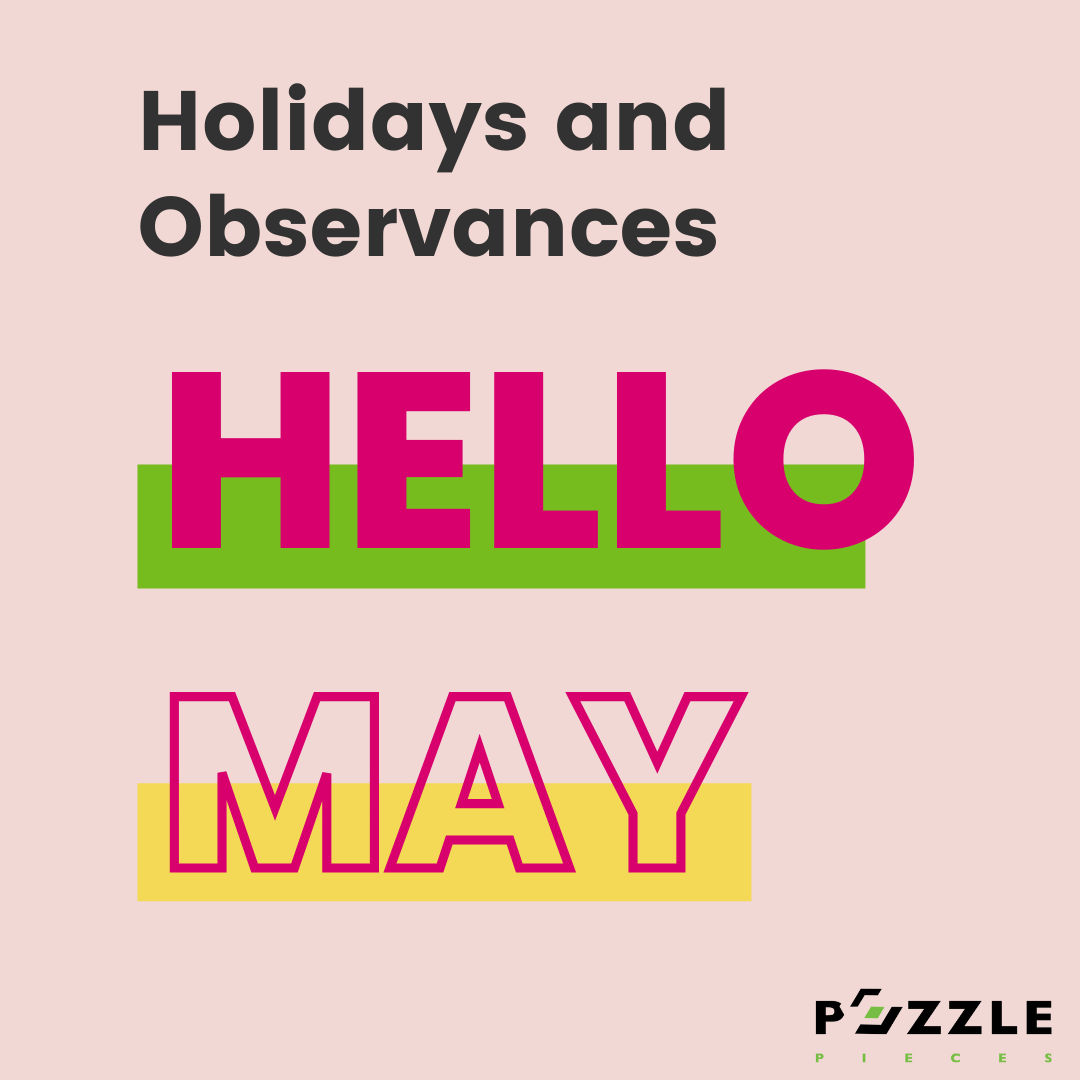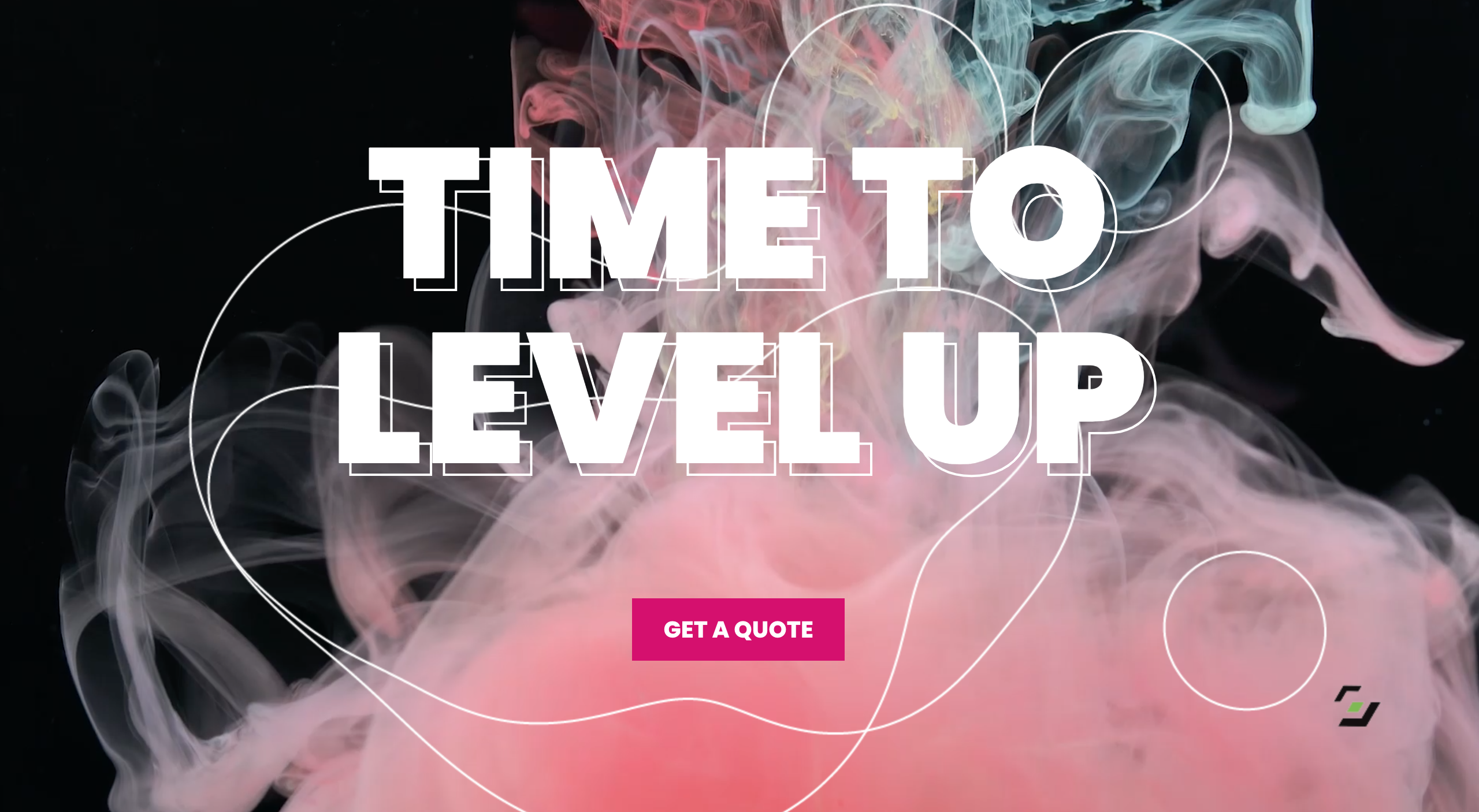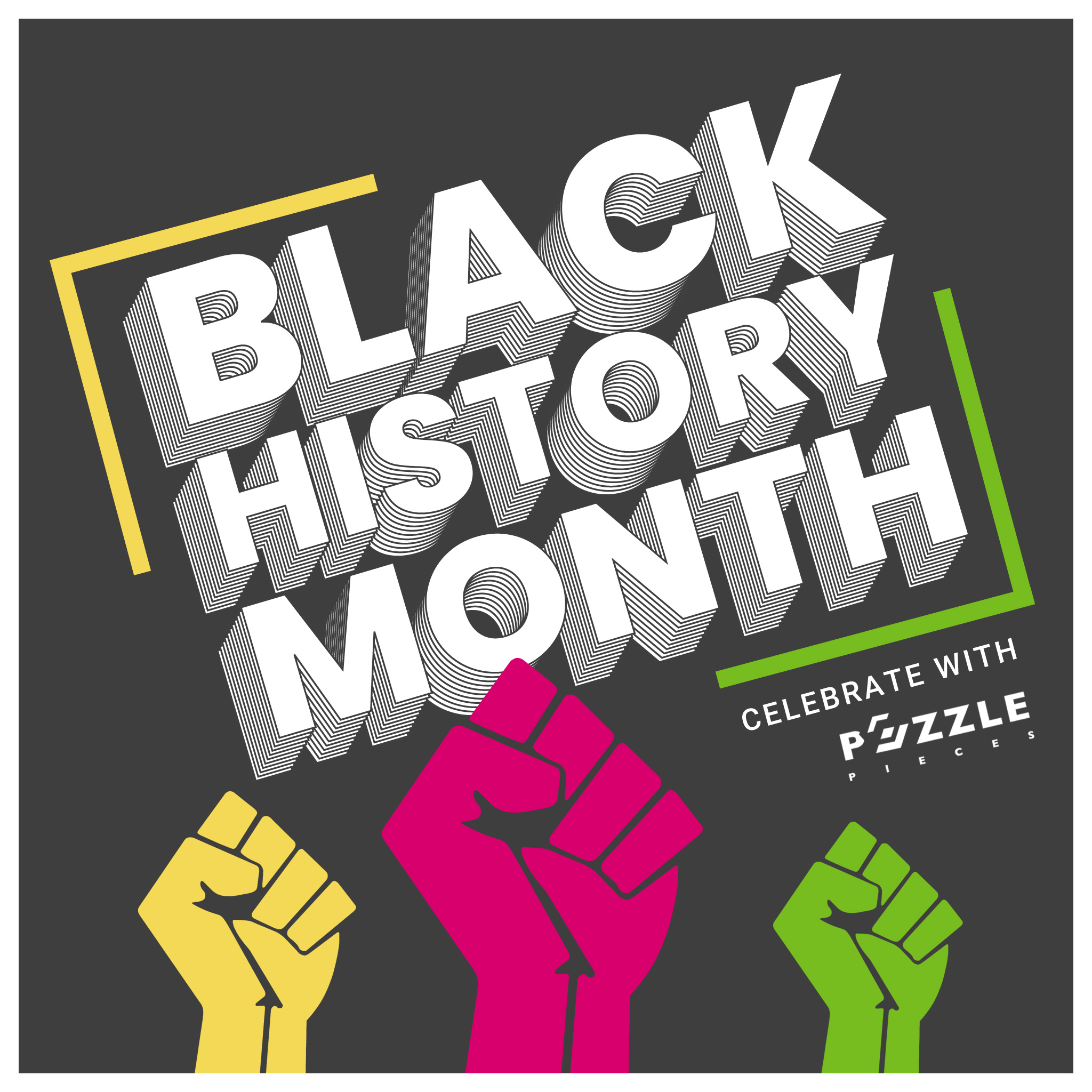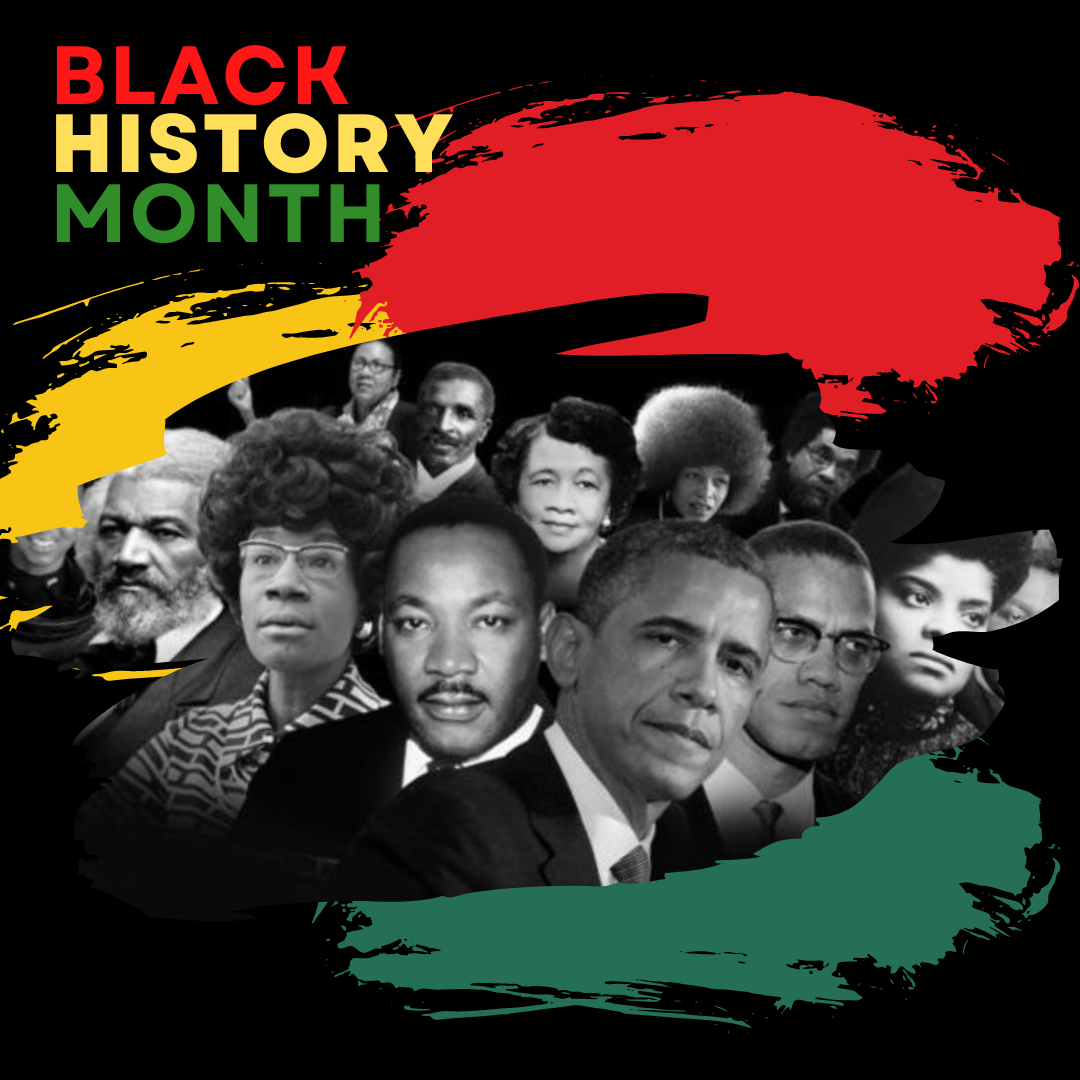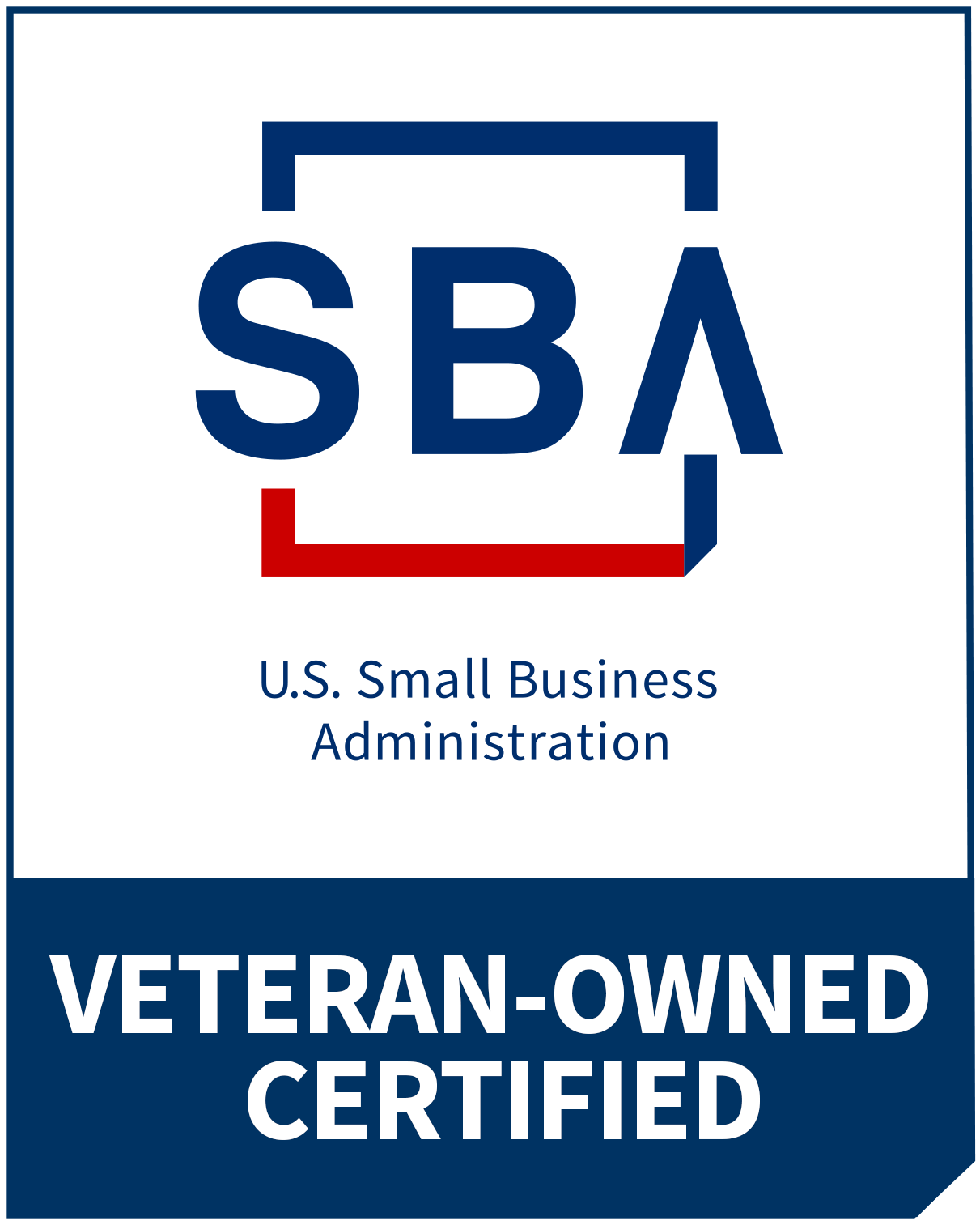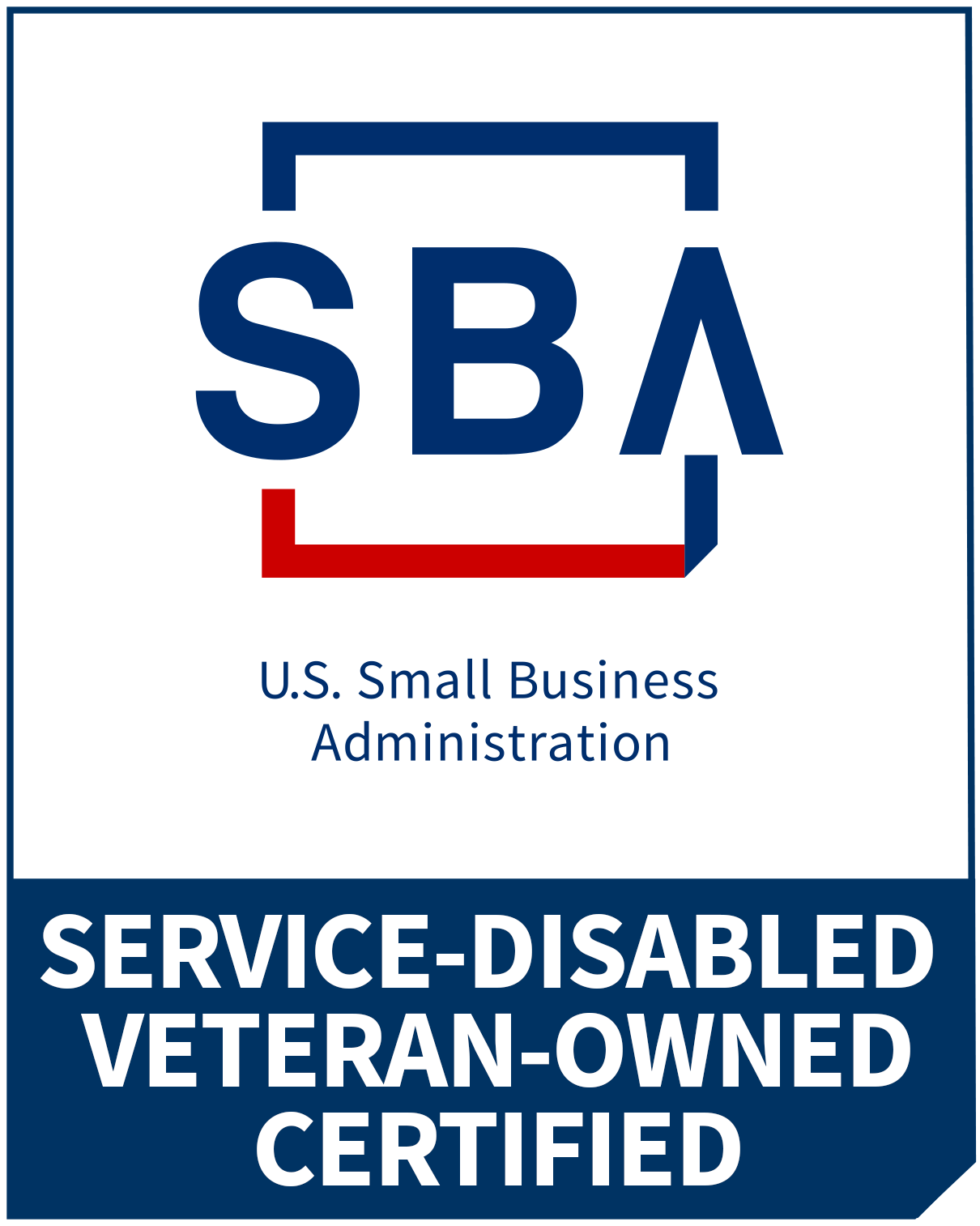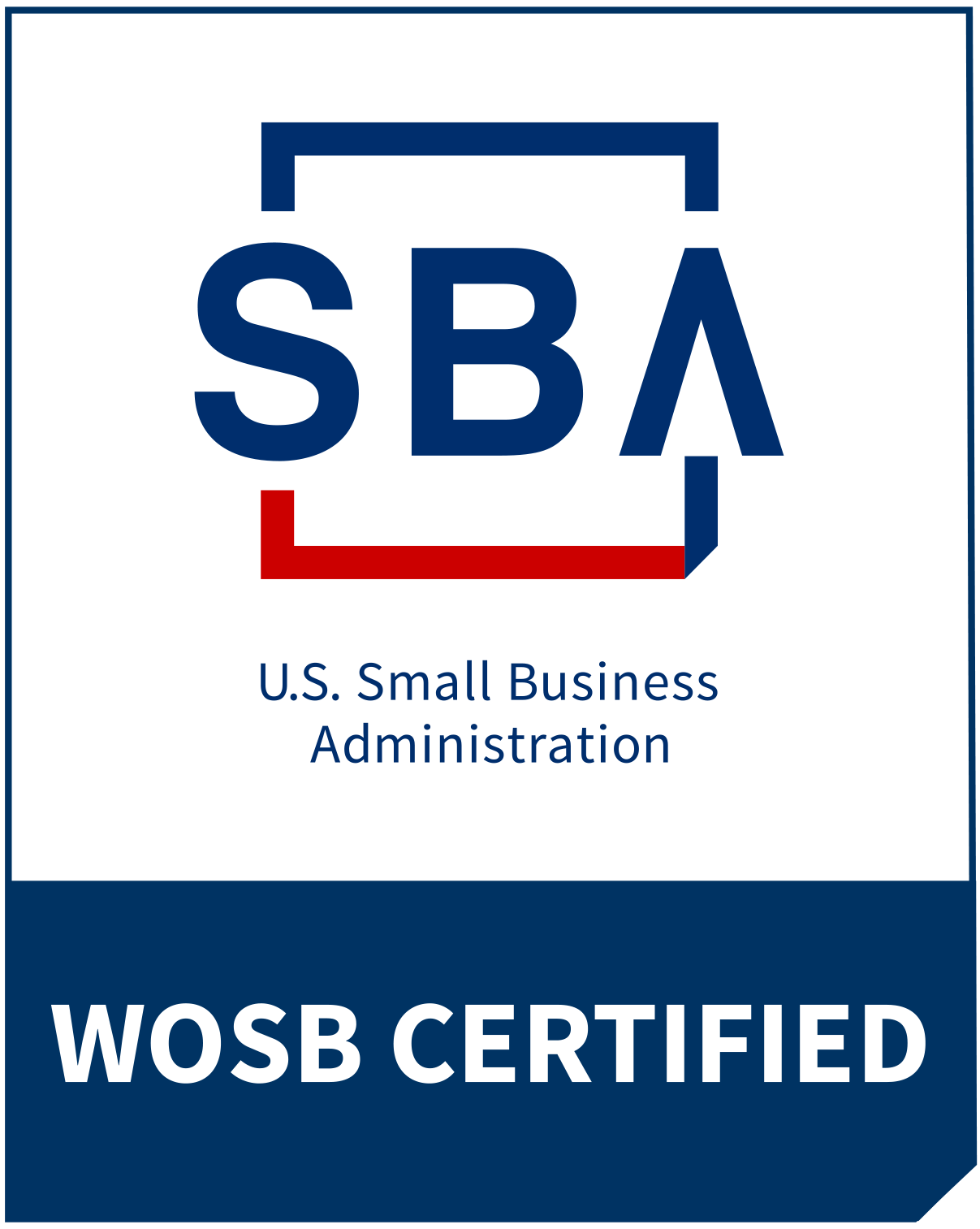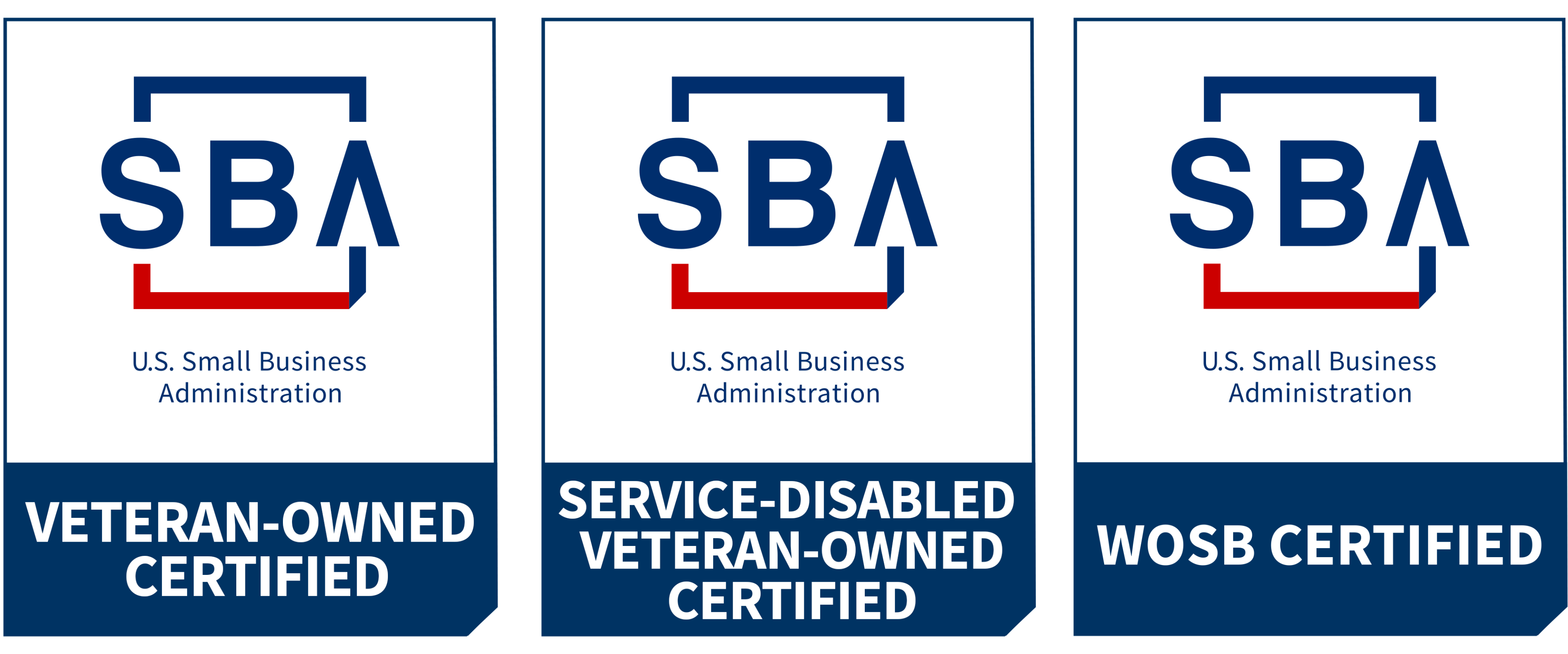Importance of Diversity Equity Inclusion (DEI) for Nonprofits
Behind every nonprofit are passionate and dedicated individuals striving to do good for the world and their community. They are the pillars of the organization, allowing the nonprofit’s message and platform to stand tall and be seen by as many eyes as possible.
And to ensure your foundation is as strong as possible, nonprofits need to be familiar with DEI—diversity, equity, and inclusion.
What is DEI?
First and foremost, let’s talk about what DEI actually is. This acronym stands for three terms that every workplace and organization should be familiar with:
- Diversity – Diversity is an important part of any organization, particularly when it comes to hiring practices and promotion opportunities. It’s essential that nonprofit teams reflect the diverse communities they wish to serve. This means highlighting all people within your staff, particularly those who come from marginalized groups.
Nonprofit leaders should strive to elect people of color, women, and LGBTQ+ employees to positions they are qualified for. Essentially, this step can be summarized by one main idea: your team should include many different voices. This will ensure that all communities are heard, understood, and represented within your organization.
- Equity – In a similar vein, equity is also a crucial element to a successful and effective nonprofit organization. While diversity covers the hiring of different groups, equity refers to giving fair and equal treatment to all team members. This means offering the same opportunities to every person under your leadership.
Nonprofits must make an effort to ensure all individuals are able to grow within the organization. A qualified human resources department will play a major role in proper equity amongst staff—particularly in terms of employee feedback and problem solving.
- Inclusion – The final letter of DEI refers to inclusion. Inclusion should be actively pursued by leaders, supervisors, and mentors within the organization. Inclusive policies should both encourage and facilitate all team members to become more involved in the organization. Being inclusive will also involve supporting staff, building relationships with them, and respecting differences within the workplace.
Inward vs Outward DEI
While the above descriptions accurately reflect the process of inward DEI, it’s also important for nonprofit organizations to recognize outward DEI, as well.
Here’s the difference:
- Inward DEI – Inward DEI refers to diversity, equity, and inclusion in the workplace. This means nonprofit leaders utilize these values in their hiring decisions, human resource initiatives, and general workplace practices.
- Outward DEI – Outward DEI refers to the way a nonprofit organization interacts with their supporters, clients, and partnerships. Incorporating DEI outwardly will place a greater focus on the organization’s goals and outreach within the communities they support. This means making a concerted effort to reach out to marginalized communities, elevate voices outside of the workplace, and partner with other organizations who share these principles.

Why is DEI Important for Nonprofit Organizations?
There are a number of reasons why nonprofits should actively improve their DEI policies. Let’s take a look at some of the biggest draws of elevating DEI within your organization:
- Greater outreach – With a nonprofit, your main goal should be to reach as many people as possible. By having a diverse team, equitable practices, and inclusive messaging, you’ll significantly broaden your reach and increase your chances of success.
- Healthier workplace environment – Members of your team want to feel heard, understood, and appreciated. With proper DEI, you’ll create a more comfortable work environment for everyone involved. This will lead to more effective work, stronger relationships amongst your team, and less conflict in the workplace.
- More qualified staff – Internal biases hurt not only staff members, but also the organization as a whole. By encouraging diversity, equity, and inclusion amongst staff, you’ll increase your chances of finding the most qualified person for the job.
Plus, by elevating the voices of marginalized individuals, you’ll also widen your pool of applicants, given that more people will feel welcome and comfortable joining the organization.
When it comes to hiring and promoting individual growth for a nonprofit, it’s always important to remain open and accepting throughout the process.
Puzzle Pieces Marketing: Your Resource for DEI Outreach
At Puzzle Pieces Marketing, we know a thing or two about nonprofits (in fact, they’re kind of our specialty). With our knowledge of nonprofit operations and proper DEI practices, we can help further these values through your marketing efforts.
By magnifying your message and increasing your outreach, we’re able to increase the effectiveness of your DEI values both internally and externally.
You already have the right idea—let us show the world what you’re all about.
Get started today with us today!
Sources:
15five. The Value of Bringing Diversity, Equity, and Inclusion into Your Workplace. https://www.15five.com/blog/diversity-equity-and-inclusion/
CCL. 5 Powerful Ways to Take Real Action on DEI (Diversity, Equity, and Inclusion). https://www.ccl.org/articles/leading-effectively-articles/5-powerful-ways-to-take-real-action-on-dei-diversity-equity-inclusion/



